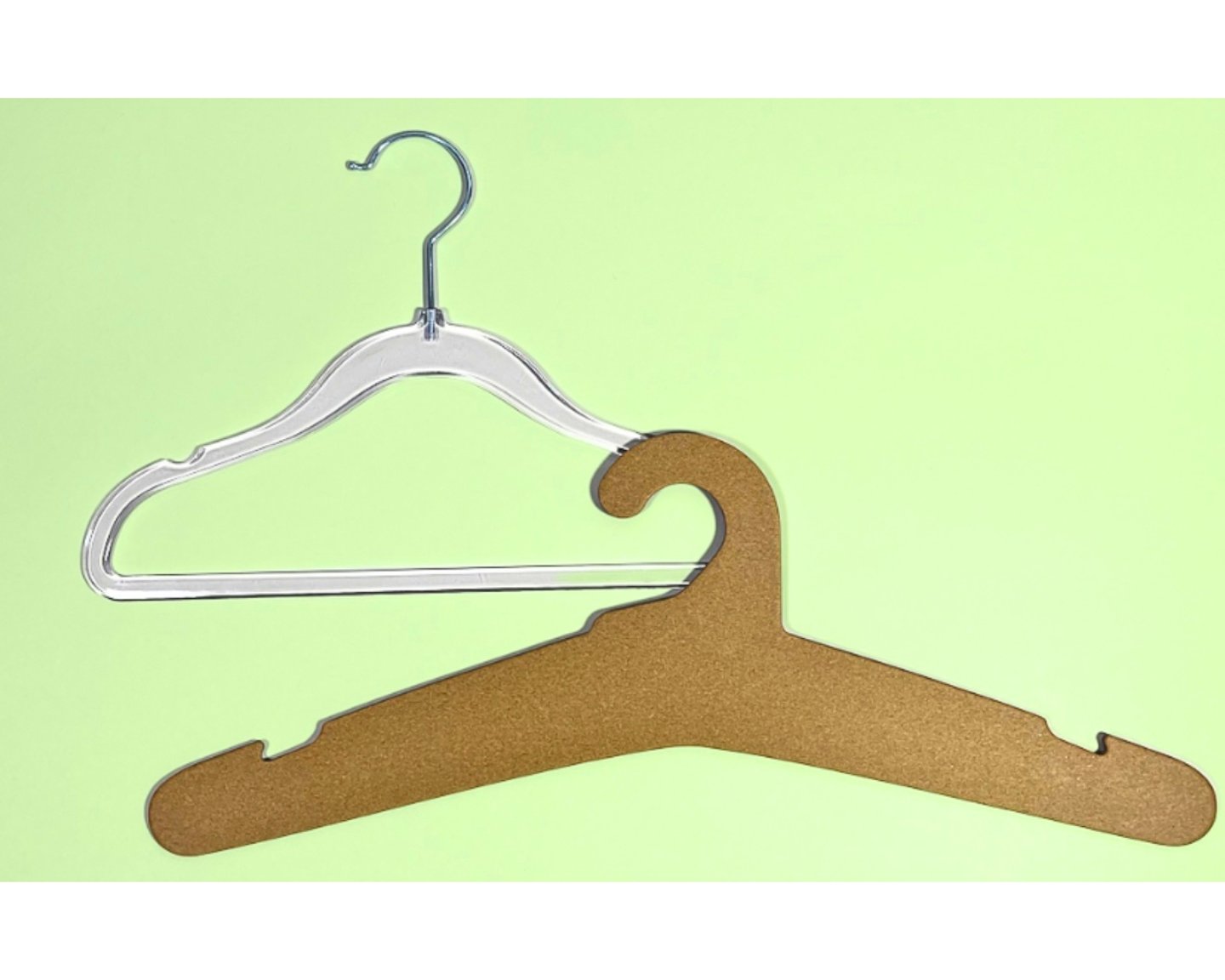Making the case for paper hangers in Plastic-Free July
Consumers increasingly support sustainable and environmentally friendly companies.
Transitioning from plastic to paper products demonstrates a retailer's commitment to addressing the broader sustainability problem the world faces. Since hangers — a significant contributor to the retail industry’s plastic consumption — are very visible in stores, the materials used to make hangers should be a serious consideration.
Recent studies have shown that investors want to put more money into sustainable companies. Companies that are willing to put effort into their ESG (Environmental, Social, Governance) strategies are more appealing to consumers and more likely to increase their investor engagement. Retailer commitment has helped push this forward, as many are addressing how to combat and reduce plastic.
Government regulations on single-use plastic are on the rise globally. Many countries are instituting bans and restrictions on plastic production and sales, including hangers. While the U.S. has fewer restrictive plastic laws, some states, such as California, Hawaii, Maine, New York and Delaware, are starting to regulate single-use plastics. This trend is important to monitor, as it can affect where and how products are manufactured and used.
Single-use plastics, intended for one-time use, contribute significantly to environmental pollution. They include items like bags, straws, packaging, bottles, and hangers. The production of plastic involves drilling, extracting, and processing toxic non-renewable resources, emitting greenhouse gases, and causing environmental degradation. After use, plastic hangers can take up to 500 years to degrade in landfills, leaking harmful substances throughout their lifecycle, such as benzene and bisphenyl-a.
This can be mitigated by transitioning to paper hangers. Recycled plastic can be seen as a step up from single-use, virgin plastic hangers. By using recycled materials, manufacturers and retailers can reduce the demand for virgin plastic, lessening the environmental impact. Companies can facilitate this by placing plastic waste collection bins in strategic locations and raising consumer awareness about recycling.
However, recycled plastics still have negative impacts. They are difficult to recycle again due to complex compounds and may contain harmful catalysts and chemicals. These factors should be considered when deciding between plastic and paper.
Alternative Materials
•Paper: Paper fiberboard hangers, made from certified wood and/or post-consumer waste, eliminate much of the pollution associated with plastic production. They are lighter and thinner than plastic hangers, allowing more apparel to fit in a single shipment, and reducing greenhouse gas emissions from transportation. Paper hangers can be recycled, biodegraded, or composted, creating a closed-loop system. A natural recyclable paper hanger reduces pollution and effects associated with plastic. They can also be used for branding or advertising with eco-friendly vegetable ink, a benefit no other material has.
•Wood: Wooden hangers are typically made from renewable trees like oak, maple, walnut, cedar, or bamboo. They undergo an extensive chemical process involving preservatives, stains, sealants, and finishes, and can have metal accessories making the disposal difficult, if not impossible. Although better than plastic, wooden hangers are not as ideal as paper hangers.
•Metal: Metal hangers, often made from low-grade pot metal, have significant environmental impacts such as habitat destruction and biodiversity loss due to the metal extraction. They, too, undergo processing with toxic paints and varnishes. Recycling centers frequently reject metal hangers because they can tangle and break sorting machines, leading them to landfills where they take 150 years to biodegrade. While metal hangers have a longer lifespan than plastic, they still involve harmful extraction and disposal processes. Paper hangers eliminate these issues.
Sustainability takes thought, engineering, and time. Today, paper hangers are the best
solution for both functionality and sustainability.
Sophie Lundmark is product development and sustainability associate at at Nexgen Packaging, which has invested in research, experimentation and innovation tactics to come up with the most sustainable and environmentally friendly solutions. Nexgen recently designed a new paper fiberboard hanger that is now available for retailers.





